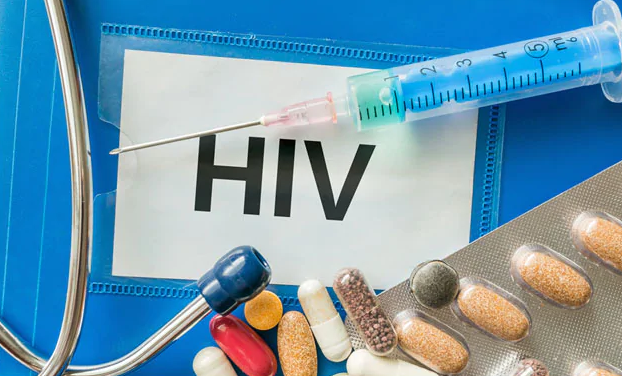Globally, every minute one young woman is infected by HIV, and AIDS-related illness is the leading cause of death among women of reproductive age group. The Indian government estimates that around 40% of HIV-infected individuals are women, constituting around one million of the 2.5 million people living with HIV/AIDS in India. The main route of HIV transmission in India is unprotected heterosexual sex, accounting for more than 87% of new infections in the country. This route of transmission is focused on female sex workers (FSW) and their clients. A high proportion of female sex workers in India are mobile, contributing to the spread of HIV. This is the major matter of concern but the management of HIV in India has significantly improved with many international and local programs supporting prevention and treatment.
Ignorance is the prime cause of women becoming infected with HIV. Protected sex between two faithful, loyal, uninfected persons is the best option. However, if you have doubt, your partner or spouse is free from HIV, use of protection is the best option to go. Although condoms do not give 100% protection, they can reduce your chances of contracting HIV when used properly and consistently.
The use of protection
Always insists your partner use protection if your partner/husband
Is having an extramarital affair. Has had sex before with others. Uses needles for drugs. Goes to places known to offer sexual services and you are unsure for same.
When to go for an HIV test
Your partner and you should also go for an HIV test if
You both are unaware of your HIV status. Have had sexual partners before. Would like to start having unprotected sex. Before planning a baby.
Always remember that there is a window period, you should go for an HIV test after three months to be sure of your HIV status. Be honest with and responsible towards each other by using condoms and going for HIV testing. Talk to your spouse and teenage children about HIV, how it is spread and the consequences of unprotected and casual sex.
In India, it is mandatory for all pregnant women to be screened for HIV. So, get the test done for HIV if you are pregnant. Early diagnosis can help to prevent the transmission of HIV to your unborn child. Thus, get the test done as early as possible.
(Disclaimer: The content on this site is for informational purposes only, and should not be taken as professional medical advice. Always seek the guidance of your doctor or other health professionals for any questions you may have regarding your health or a medical condition.)

 Women need to have the knowledge of HIV/AIDS to protect themselves and their loved ones from being infected. Ignorance is the prime cause of women becoming infected with HIV. Here are some tips that will help women to stay protected
Women need to have the knowledge of HIV/AIDS to protect themselves and their loved ones from being infected. Ignorance is the prime cause of women becoming infected with HIV. Here are some tips that will help women to stay protected










.jpeg)

.jpg)







.jpeg)



.jpg)


.jpg)




.jpg)


